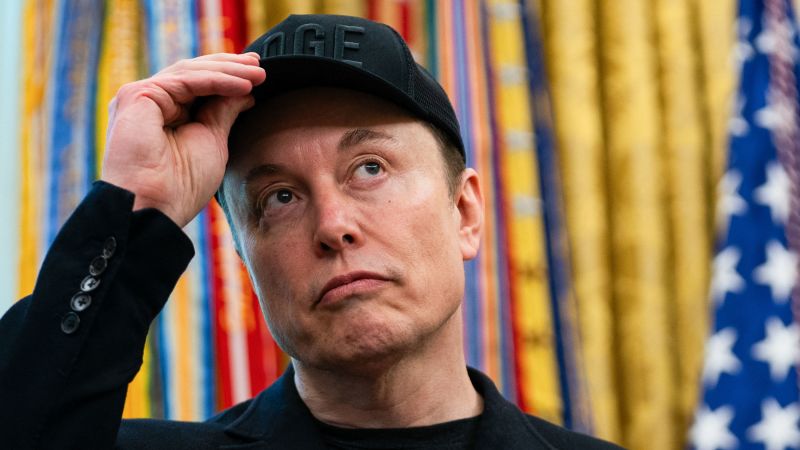In his 2014 book, Zero to One, Peter Thiel set out his piquant views on the joy of monopolies. Unless you establish a moat around your business, he explained, in a mature market you’ll always have your returns competed away eventually. Unless, that is, you attach yourself to a single client with infinite pockets — normally the government.
It’s no surprise, then, that much of the world’s richest man’s wealth comes from government contracts. In February this year it was reported that Elon Musk’s SpaceX and Tesla have both received $38 billion in aid, funding and government orders over the last two decades. This week, in a similar vein, it was announced that his AI chatbot, Grok, would be used by the Department of Defense. Politico reported that the contract has a “$200 million ceiling” and would involve “custom AI-powered applications to accelerate use cases in health care, fundamental science and national security”.
This contract means it is pre-cleared to sell AI services to any government agency, and it doesn’t need to compete on an open bid every time. Despite Musk’s explosive falling out with Donald Trump, the tech mogul’s bigger strategic goal remains intact. The Trump administration has rescinded the Biden-era emphasis on “AI safety”, accepting the need to tool up. Now the race is on to fulfil the orders of everyone, from command-and-control at the Pentagon to search-and-cross-check at the patent office.
To that end, the “Big Four” in the market — Anthropic, Google, OpenAI and Musk’s xAI — have lately all been awarded contracts that will give them a role in building a new bureaucracy which can see round corners. The challenge is a potentially revolutionary one. Roughly, it is to take heaps of dusty old memos from 1981, or 1931, and connect that data in a way that can be “deep searched”. This would involve private databases of secure, often classified information, made accessible to those with authorisation. That could be policing, environmental risk analysis, or forecasting the energy grid load. A big part of it will be fraud detection in benefits offices, procurement and taxes.
Of course, like many prior IT “revolutions”, it also has enormous potential to underwhelm. Perhaps sensing how easily this could all go wrong, the Federal Bureaucracy, under its Chief Digital and Artificial Intelligence Office, has taken the strategic view that it doesn’t want to be pinned down to one supplier just yet. But it’s likely that, over time, market dynamics will lead to one or maybe two companies dominating national infrastructure. And, in turn, whoever dominates will be an almost unsackable monopolist. How do you get rid of a system that all your operatives use every day? How do you un-enrich its data?
Grok now has a seat at the table, but it’s unclear who will eventually triumph. Besides the relative power of their models, each company is making a slightly different pitch: Anthropic emphasises “safety”, and Google is leaning into its ability to make modular and adaptable systems. Grok, meanwhile, is looking towards metaphysics: xAI’s Katie Miller has taken to calling Grok “the only truth-seeking AI available to the US Government”. Truth or safety? Modularity or end-to-end integration? The values each embodies will in time calcify into their advantage.
Just as today we live in the internet laid down by Facebook and WordPress, not the one of MySpace and GeoCities, the bets made and contracts won in the next couple of years will come to shape the next two decades.
